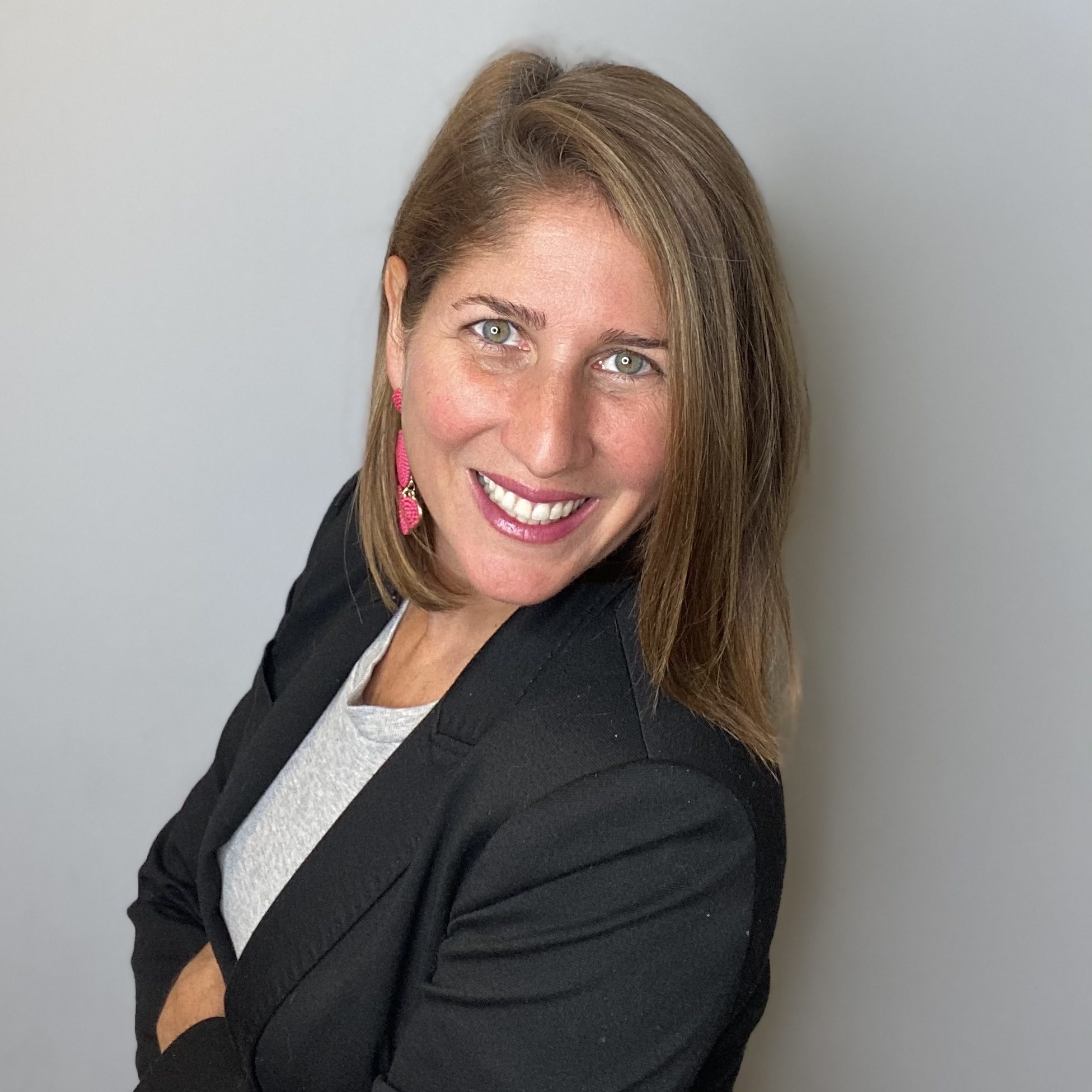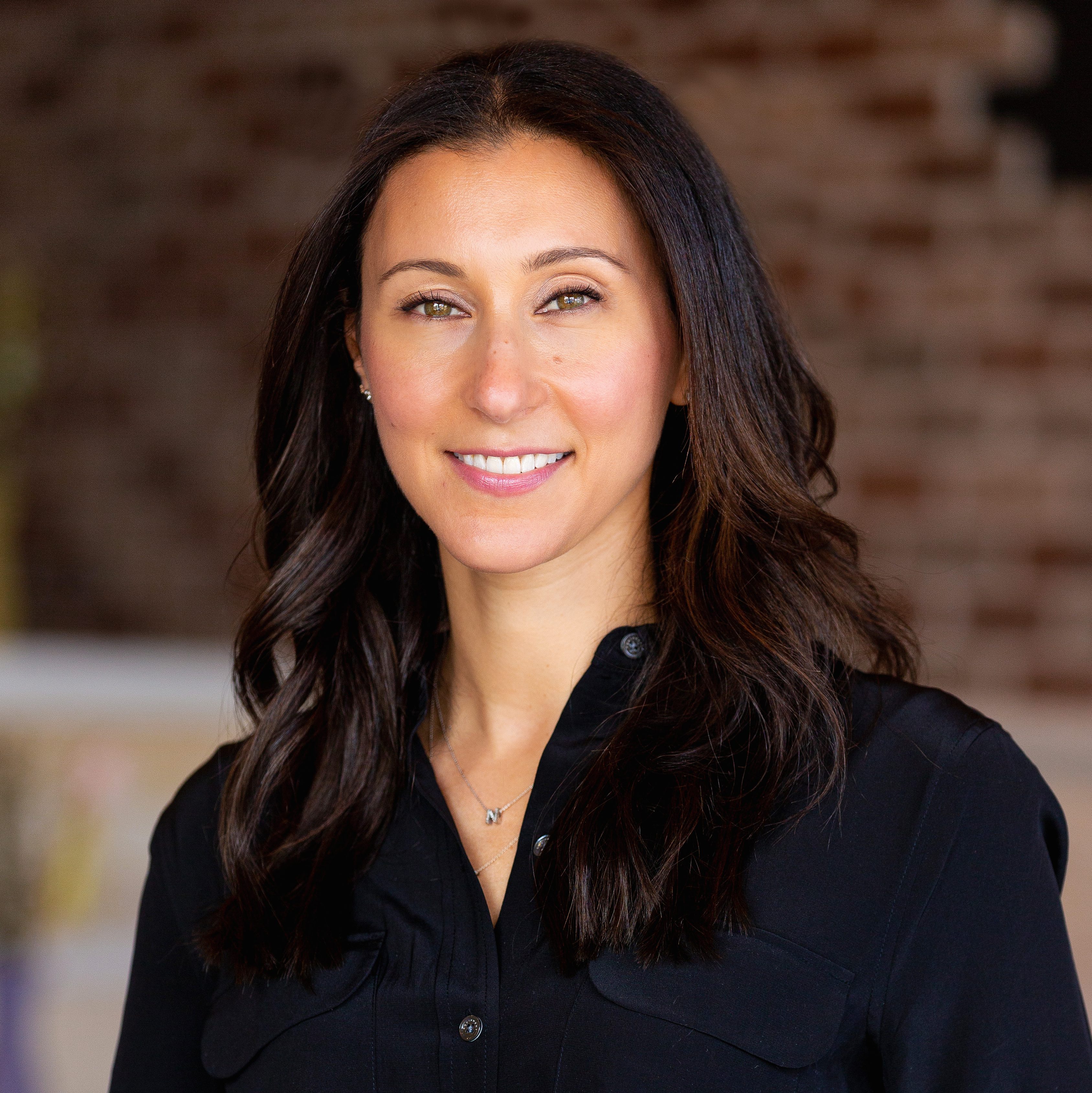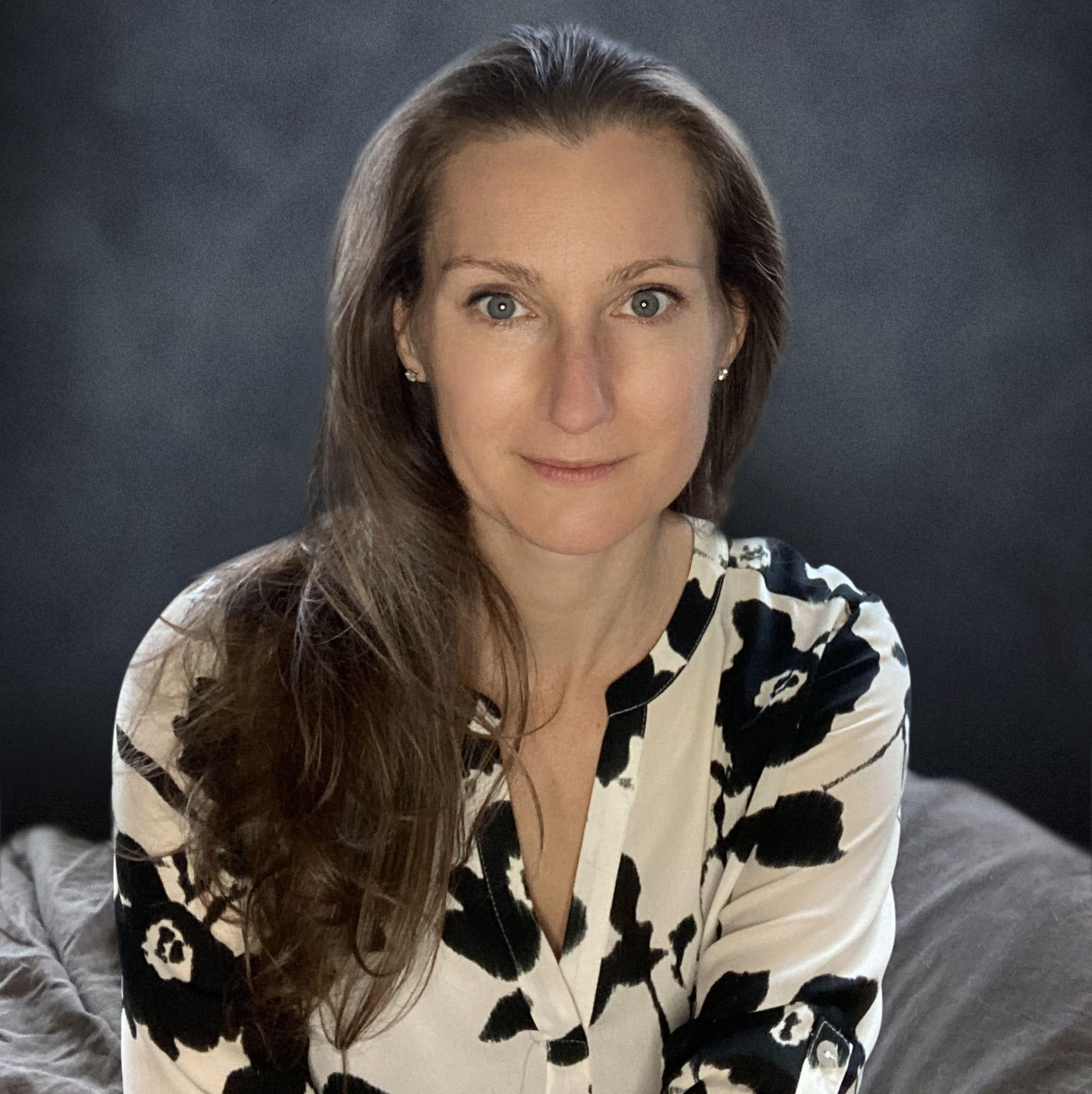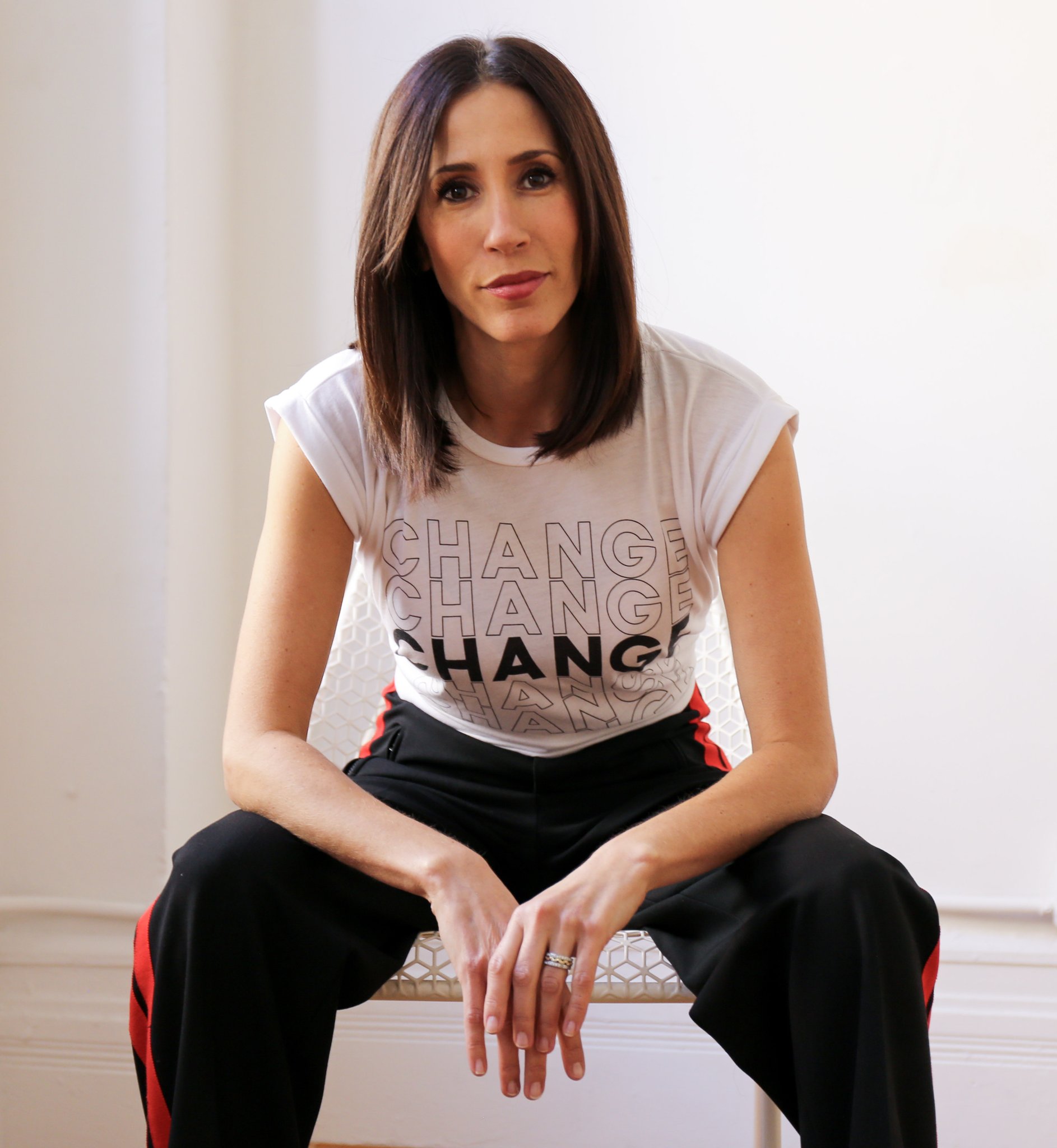With one in four workers planning to quit their jobs post-COVID, and a record number actually doing so this past April, experts have dubbed this time the “Great Resignation.” So how did we get here and what does it mean for the future of work?
We spoke with six organizational culture experts about the changing landscape of the so-called 9 to 5 and how the mass departure could have ripple effects for employees and employers across the globe.
1. Emily R. Williams

Emily R. Williams is a DEI and organizational change strategist for global organizations, and the founder and president of Forward Ever Global. Working from home provided people, especially women of color, “the psychological safety and distance to understand the impact of a toxic workplace culture on their health and quality of life.”
Why was the pandemic so transformational to people’s expectations of workplace culture? The pandemic reminded us that our lives are precious. As a result, people want equitable workplaces where their mental health and well-being matters.
How have employer priorities changed? Previously, employers could prioritize work outputs and productivity above nearly all else. I now see employers authentically exploring ways to improve workplace satisfaction, particularly for women and people of color. The Great Resignation is forcing accountability.
2. Michal Levison

Michal Levison is a corporate culture expert and founder of Seasoned Moments. Her focus is on shifting corporate culture in Fortune 500 companies through positive psychology. Levison believes that “people now realize there is more to work and life than the grind we’ve been inculcated with since the 1980s.”
What is the most important quality people are looking for in a company culture today? One that is supportive and treats people like humans, not just cogs or employees.
Why is positivity essential to the future of work? Using positive psychology, companies can engage and retain their talent and boost connection, creative solutions, and productivity, while also helping their people thrive. Employees are a company’s greatest resource, and they should be given the support and structure to maximize their potential in all realms of life.
3. Stephanie Loewenstern

Stephanie Loewenstern is the founder of Bright Link Talent, where she works as a headhunter and recruiter of top-tier sales and marketing talent for high growth tech companies. Loewenstern believes people now “feel more empowered in their decision making. People are seeking freedom and joy in their work.”
Describe the future of work in one sentence: The future of work includes empowered employees making decisions, changing careers, and starting their own businesses.
What is the most important quality someone should look for in a new job if they plan to quit? Connect to your “why” and go after what you are passionate about. Realize the possibility you have to create a new life for yourself.
4. Jennifer Rutha

Jennifer Rutha is a career transition strategist and coach for women, and the founder of Jennifer Ruther Coaching. Rutha explains that the pandemic shifted our values and priorities and “forced people to re-evaluate their lives by putting a spotlight on the value of their time and where they want to spend it.”
What will the Great Resignation affect most? Company culture. This will then force a shift to permanently incorporate flexible schedules and remote work to draw in top talent.
Is the flexible work schedule here to stay? In both my recruiting and coaching experiences, I have seen people refuse to compromise on flexibility of their schedule. Great talent will move towards companies that value their time in and out of the office.
5. Stephanie (Domanski) De Flora

Stephanie (Domanski) De Flora is the founder of Process Evolved, where she bridges the gap between expectations and achieved outcomes. De Flora explains that “there’s a disconnect between why individuals are motivated to show up to work and the expectations corporations have on how to best serve organizational and shareholder mandates.” Organizations and their employees have to “get down to the personal level” in order to bridge the gap.
In one sentence, what is the greater meaning behind the Great Resignation? The Great Resignation is a transitional phase of the human experience.
Whether we choose to quit or stay at our jobs, how are we all a part of the Great Resignation? 2020 forced everyone to change, which is never easy or comfortable. Today, the world is changing for the better, and we’re being encouraged to show up – all of us – to authentically contribute to the change we seek in the world.
6. Kasia Smith

Kasia Smith is the founder of Copilot Wellness and an executive wellness coach. As a corporate wellness strategist, she promotes organizational well-being using a holistic, evidence-based approach. Smith believes that in a post-pandemic world, employees are now looking for roles that “incorporate wellness into the job and invest in strategic wellness support.”
Why are people now able to prioritize flexibility and inclusivity when looking for work? As technology continues to advance and makes long-term distributed workforces a viable option for more industries, people can choose jobs that support their personal and professional goals.
What will happen to those organizations that fail to prioritize flexibility and inclusivity? Put simply, they will fail and continue to face resignations across the board.
Erin Halper is the founder and CEO of The Upside, an award-winning community and accelerator for ambitious consultants and industry experts. Since launching The Upside in 2017, Erin has advised thousands of professionals on how to break free from the constraints of the corporate structure by building a consultancy business centered around their unique expertise and passion. Prior to launching The Upside in 2017, Erin built a 7-year independent consulting career providing marketing expertise to her private equity, real estate investor and hedge fund clients, collectively resulting in more than $3 billion in outside funding and deal sourcing.


